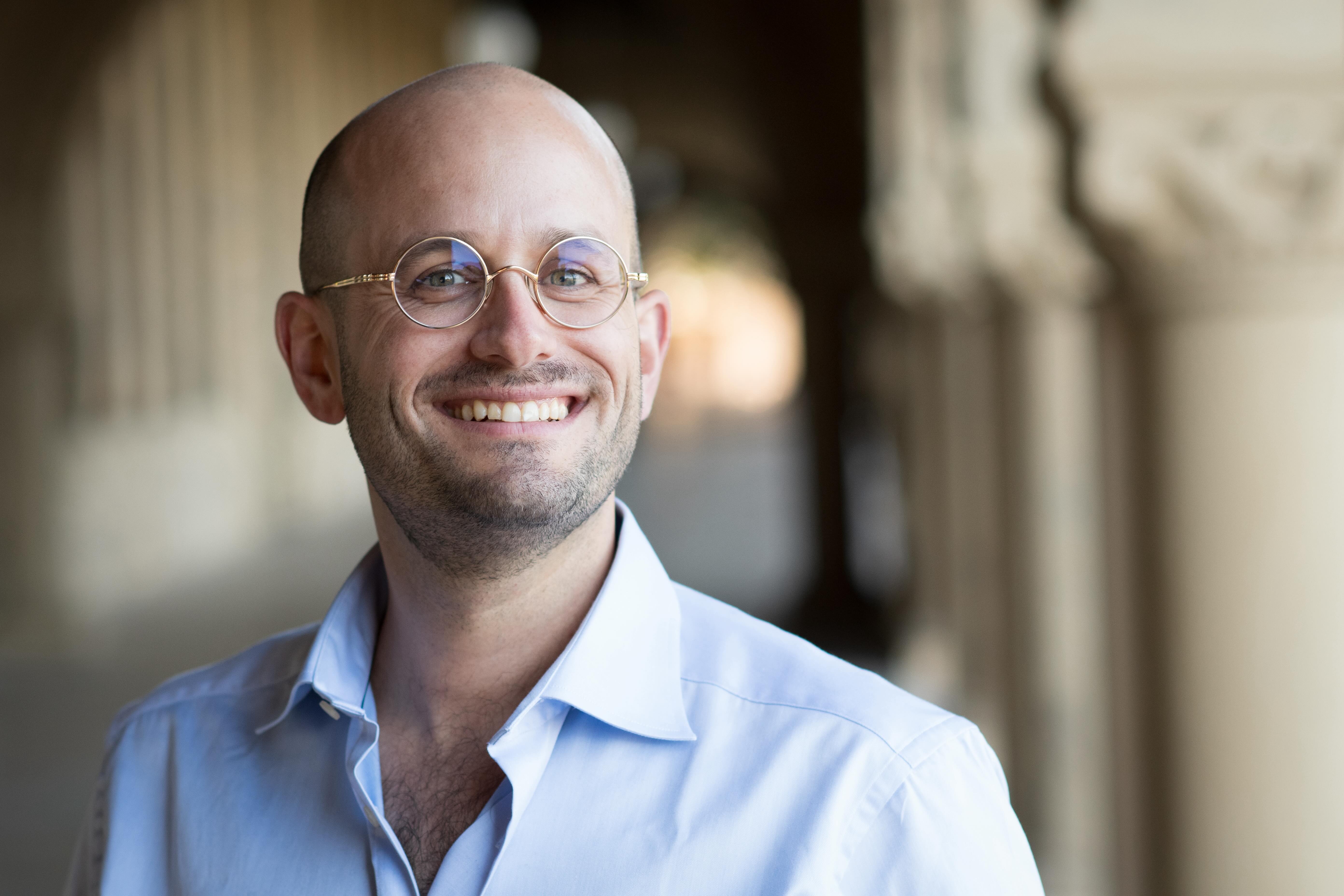Chagai M. Weiss

Assistant Professor
Andrea and Charles Bronfman Chair
The University of Toronto
chagai.weiss@utoronto.ca
Welcome! I am an Assistant Professor of Political Science and the Andrea and Charles Bronfman Chair in Israel Studies at The University of Toronto. I am also an affiliated faculty at Stanford University's Politics and Social Change Lab. I received my Ph.D. in Political Science from The University of Wisconsin-Madison, and was a Middle East Initiative predoctoral research fellow at The Harvard Kennedy School, as well as a postdoctoral fellow at Stanford University's Conflict and Polarization Initiative and Politics and Social Change Lab. My research focuses on the political effects and institutional remedies of conflict and polarization, with an emphasis on three central questions:
- How do institutions shape intergroup relations in divided societies?
- What are the effects of conflict on political preferences and behaviors?
- How can social scientists improve the design, implementation, and interpretation of experiments?
In my forthcoming book Delivering Tolerance: How Unintended Institutional Inclusion Reduces Prejudice (Princeton University Press, Studies in Political Behavior Series), I explain why reducing prejudice in conflict-ridden societies is challenging and how minority institutional inclusion in the rank and file of service-provision institutions can reduce social exclusion. While much of my work is regionally focused on Israel-Palestine, it is comparative in nature and draws on data from the Middle East, the United States, and Europe.
My research has been published or is forthcoming with Cambridge University Press, Princeton University Press, the Proceedings of the National Academy of Sciences, The American Political Science Review, The American Journal of Political Science, The Journal of Politics, and Comparative Political Studies and has received multiple awards from the American and Midwest Political Science Associations.